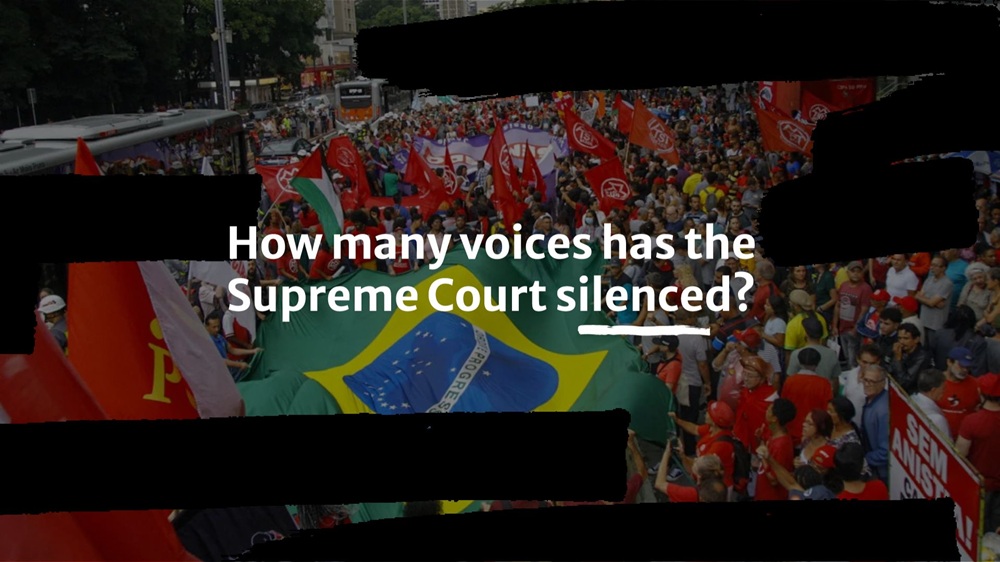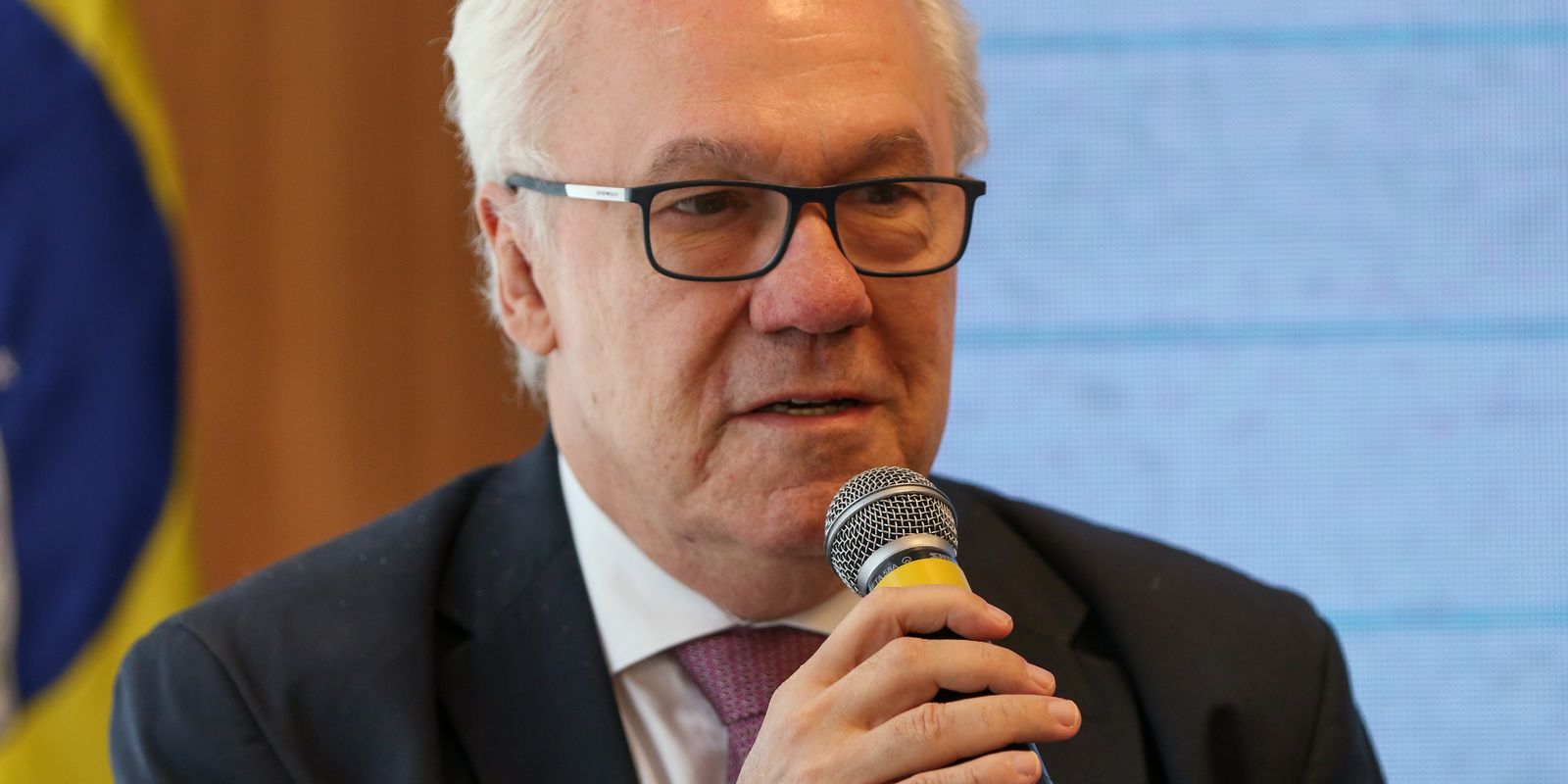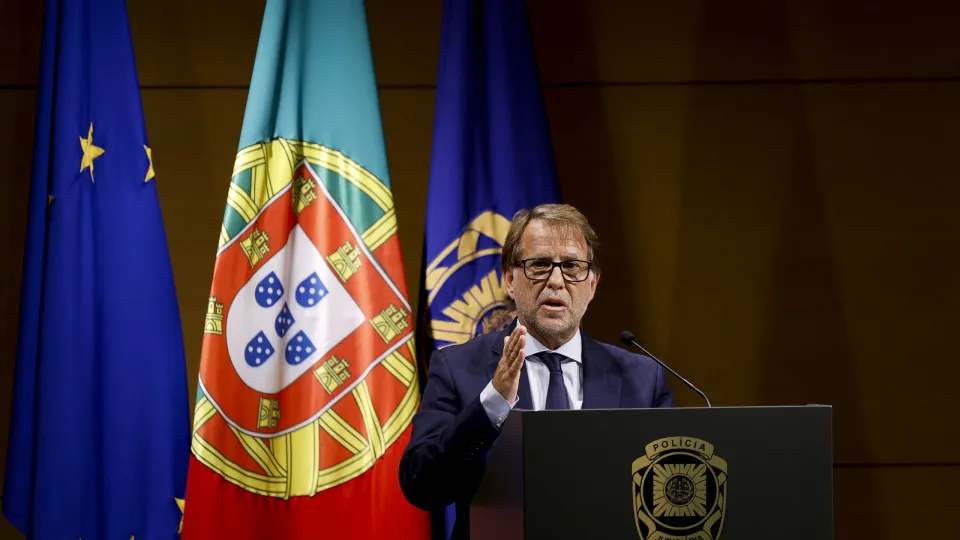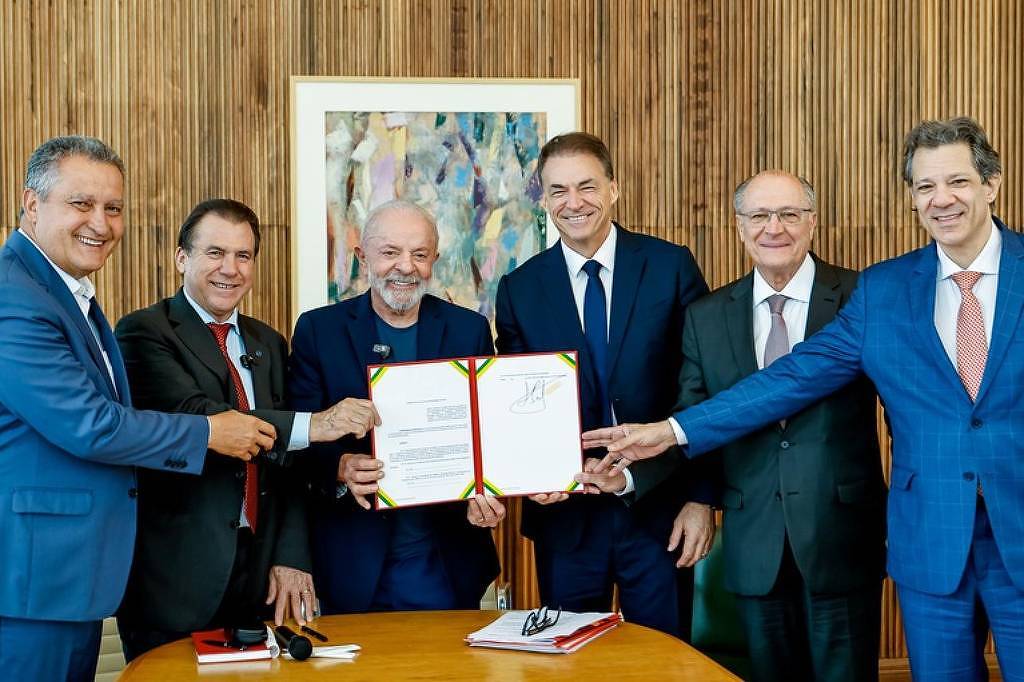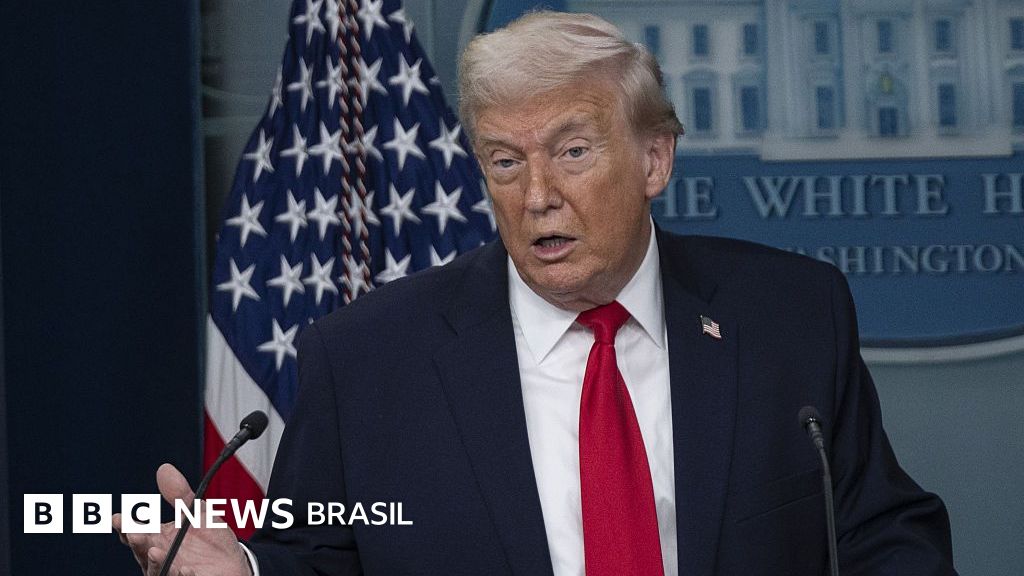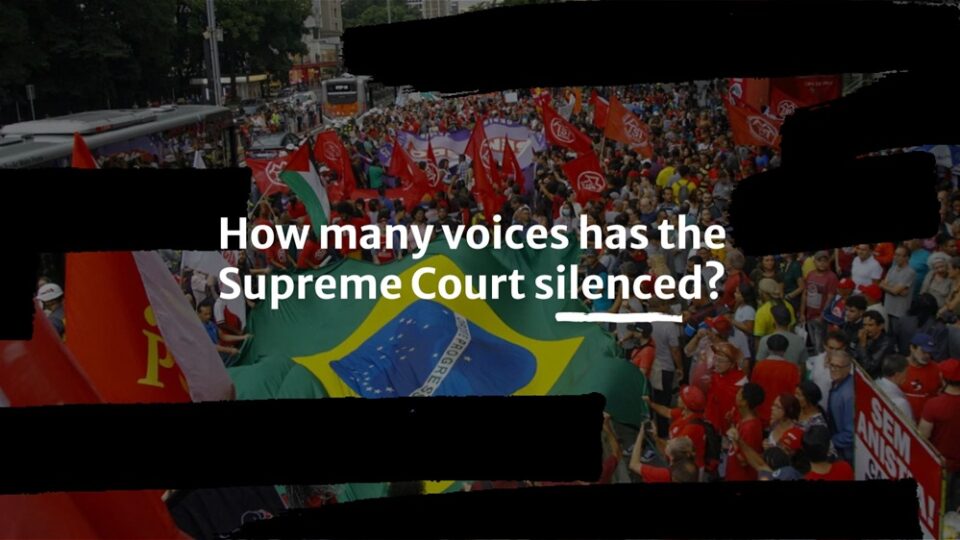
(This is an English version of the text originally published by Gazeta do Povo on Sunday, Octobre 4, 2025)
The notion that Brazil’s Supreme Federal Court (STF) has been overstepping its legal authority in recent years is now taken as self-evident truth by a large segment of the population, according to recent opinion polls.
Measures amounting to prior censorship, abusive investigations, and politically biased actions have strengthened the perception that the Court is eroding democracy in Brazil. Nearly half of Brazilians now believe the country is living under a “judicial dictatorship,” according to an August survey by Atlas/Bloomberg.
On the other hand, members the state elite and parts of the political left defend the Supreme Court’s measures as efforts to protect democratic institutions. Justice Luís Roberto Barroso, who presided over the STF, often speaks of the “civilizing” nature of its actions. “The civilizing process exists to repress evil and promote good,” he said recently during the opening session for the Court’s work in the second half of 2025.
Gazeta do Povo has asked experts who study freedom of speech and democracy whether there is still a way to reconcile groups with such opposing views on free expression. In their view, the underlying issue that must be addressed is the fragility of Brazil’s democratic culture.
Pablo Ortellado, a professor of Public Policy Management at the University of São Paulo (USP), is the executive director of More in Common Brazil, an NGO whose mission is to help society restore focus on shared values.
According to him, the judiciary’s growing protagonism has created a vicious cycle. “The Supreme Court assumes that the right is attacking institutions and responds with harsh repression. That heavy-handed response makes people criticize the Court even more, which in turn justifies yet another harsh action. It’s a growing spiral — and that’s what needs to be stopped, in my opinion,” he says.
The Court’s lack of transparency, he adds, only makes the cycle worse. For instance, he criticizes the lack of consolidated data showing the extent of social media account suspensions. Gazeta do Povo recently requested this information from the Court but received no response.
“I find that very troubling. You weren’t the first to ask — Folha has already requested it, as has UOL — and they’ve refused to provide the data for years. We don’t even know how many accounts have been removed because those cases are under seal,” he says.
In Ortellado’s view, in many instances what the Court is doing amounts to prior censorship. “I find that deeply problematic because we’re dealing with an obviously controversial process. At least 40% of the country questions this process. That portion of Brazil needs to have a voice. The people being accused must have the opportunity to speak in the public debate and present their defense.”
In such a restricted environment for public discourse, the judiciary’s loss of social legitimacy is inevitable, he argues. “Justice cannot be seen as partisan. And the fact that it is being perceived as partisan by a large segment of the population should be a cause for concern — because judicial actions must have a minimum degree of social legitimacy. The judiciary needs to understand that it defends democracy by being more technical, more sober, and more balanced.”
Brazil Has Few Antibodies Against Censorship Because Freedom of Speech Is Not Deeply Rooted in Its Culture, Says Expert
Pedro Franco, who holds a master’s degree in Social History of Culture from PUC-Rio and in Interdisciplinary Studies from New York University, sees a dangerous dynamic unfolding in Brazil.
“Brazil’s constitutional framework has allowed the Supreme Court to grow to such an extent that it has become a kind of superpower. It can, essentially, do whatever it wants. When you combine an institutional body that has the power to act freely with a culture that has not developed antibodies against censorship, you get a somewhat explosive mix,” he says.
According to Franco, Brazil has little protection against censorship because freedom of expression is not deeply embedded in the country’s culture — whether institutionally or in everyday social relations. When people disagree, it is common in Brazil to believe that the other side must be punished, not persuaded, he argues.
“Sometimes people feel they don’t have much power to change what happens in Brasília or at the highest levels of power, but there is one thing they can do: punish the neighbor who disagrees with them, or the uncle with a different opinion. They can stop talking to him. That way, they feel as if they’re doing something to change the situation — ‘this is within my reach.’ I think that’s a sign that people are disillusioned with politics, feeling that these personal actions are the only thing they can do,” he says.
In his view, this perspective reveals a lack of understanding of what it means to live in a democracy. “In a democratic system, as a citizen, even when you’re not directly influencing those in power in Brasília, you still have a lot of power to exercise in your daily life — in your discussions, in the political debates you take part in. But you can’t exercise that power by silencing people; you do it by convincing them, using arguments and reason to show why your view makes more sense than someone else’s.”
That kind of persuasion, he stresses, can only happen within relationships built on trust. “The least effective form of persuasion is blocking someone, because the most likely effect is to make them dig in even deeper on their side.”
Franco argues that it would be difficult to foster a democratic culture in Brazil simply by reasoning about its social benefits. A better path, he says, would be to link democratic culture to an ethics of virtue. “The goal of a good society is not only to promote debate, but to cultivate virtuous human beings. And virtuous individuals, in turn, are what make a virtuous society,” he says. “If you can convince people that certain behaviors that are good for democracy are also good for their own souls, that can be a powerful way to encourage people to become less polarized.”
Pablo Ortellado believes that a good starting point for reducing mistrust between groups with different worldviews is the ability to recognize good faith on both sides. “I hope these worldviews are not irreconcilable,” he says. In his view, only through such mutual recognition will it be possible to discuss the limits of freedom of expression “in a more informed way” and to craft well-calibrated laws for the digital world.
Fonte. Gazeta do Povo

